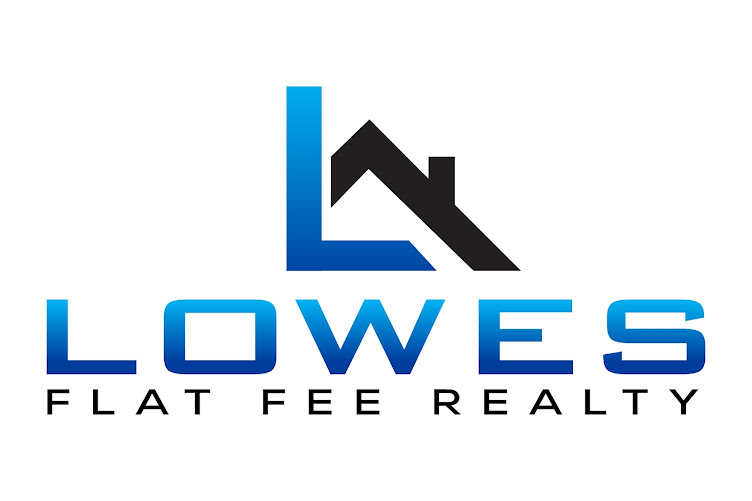 Does the choice of a lockbox matter? Do the older type lockbox systems influence the final transaction price or the marketing time of property? These questions are often pondered by real estate professionals. Older key and combination systems are low tech, easy to employ, and less costly to the broker. Newer electronic lockboxes are often more complicated, provide additional information by way of technology, and are slightly more expensive than their low tech counterparts. The trade-off is therefore between ease of use, information, and cost of operation.
Does the choice of a lockbox matter? Do the older type lockbox systems influence the final transaction price or the marketing time of property? These questions are often pondered by real estate professionals. Older key and combination systems are low tech, easy to employ, and less costly to the broker. Newer electronic lockboxes are often more complicated, provide additional information by way of technology, and are slightly more expensive than their low tech counterparts. The trade-off is therefore between ease of use, information, and cost of operation.If the different lockbox systems do not influence transaction outcomes (price and marketing time), then the choice of the lockbox system can be left up to the broker without costs to the sellers of property. On the other hand, if one system produces either a pricing discount or extended marketing times, then brokers need to be aware of these differences in order to better serve their clients.
Research
Recent research by Benefield and Morgan answer these questions.[1] The researchers directly test for the impact of lockbox type (newer electronic versus older systems) on property price and property marketing time. After controlling for other difference in listings such as location, age, size, seller motivation, and quality, Benefield and Morgan find that older lockbox systems, on average, do not influence the time it takes to market property. Property pricing, however, is another matter. Specifically, Benefield and Morgan find a negative impact on price from the use of the older lockbox system. More to the point, older lockbox systems appear to not influence marketing time but result in lower selling prices. The pricing discount was a staggering seven percent on average.[2]
Implications
There is now statistical evidence (not just professional speculation) that indicates the inferiority of the older lockbox systems.
Therefore, wherever financially practical, brokers should stop their use of older key and combination lockbox systems in favor of the newer electronic systems. It now appears that these newer electronic lockboxes lead to a better sharing of information and feedback between listing and showing brokers resulting in better prices.

 Anyone in the real estate industry for any length of time realizes that the education required and the resources necessary to be a true industry professional have dramatically increased over the last two decades. In today’s volatile market, it is necessary to have a true real estate professional if you want to sell your home for the best possible price in the shortest amount of time – and make sure the deal gets to the closing table!
Anyone in the real estate industry for any length of time realizes that the education required and the resources necessary to be a true industry professional have dramatically increased over the last two decades. In today’s volatile market, it is necessary to have a true real estate professional if you want to sell your home for the best possible price in the shortest amount of time – and make sure the deal gets to the closing table!

 It used to be that there was logic applied in the world of mortgage lending. An appraiser determined the value of a home by the axiom, “what a reasonable buyer would pay a reasonable seller”. An underwriter weighed the plusses and minuses of a file (after analyzing the income, the assets, the credit profile and the appraisal) and made a judgment call based on their experience.
It used to be that there was logic applied in the world of mortgage lending. An appraiser determined the value of a home by the axiom, “what a reasonable buyer would pay a reasonable seller”. An underwriter weighed the plusses and minuses of a file (after analyzing the income, the assets, the credit profile and the appraisal) and made a judgment call based on their experience. We haven’t heard a lot about inflation recently. However, prices have started to creep upward over the last year. As examples, here are a few categories that increased from November 2010 to November 2011:
We haven’t heard a lot about inflation recently. However, prices have started to creep upward over the last year. As examples, here are a few categories that increased from November 2010 to November 2011: We can see that real estate has fared very well. The most important number is the $0 increase in mortgage amount. The
We can see that real estate has fared very well. The most important number is the $0 increase in mortgage amount. The  Bottom Line
Bottom Line

 Yesterday, we explained that having someone who truly knows the market
Yesterday, we explained that having someone who truly knows the market 